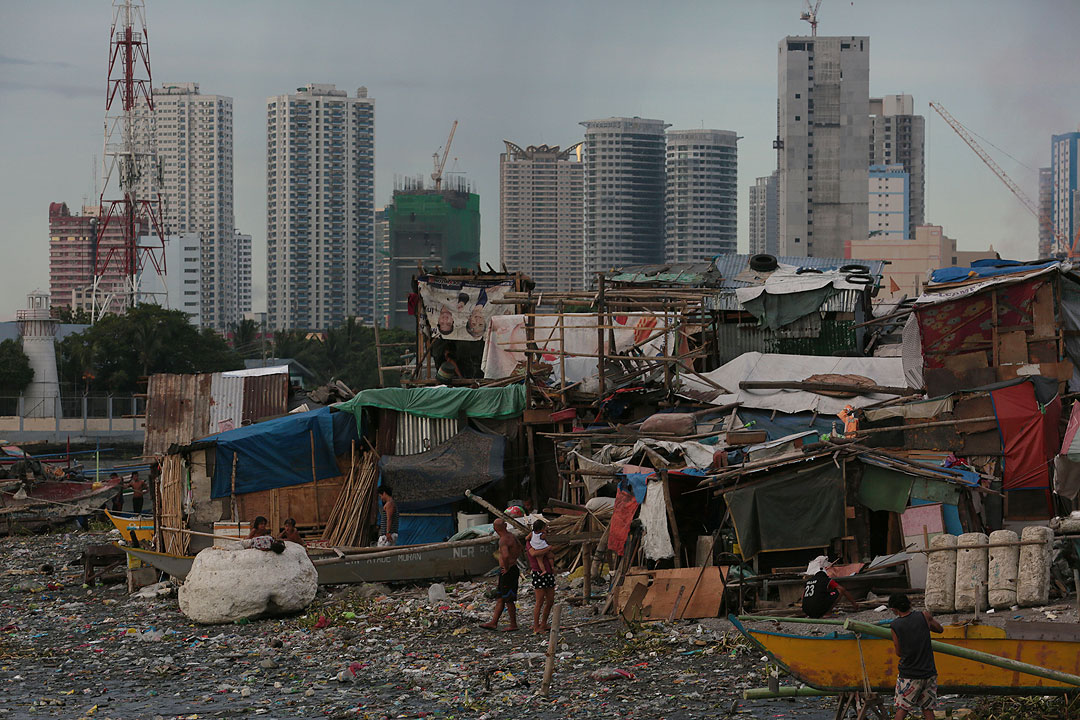Urban poor facing more disaster risk
THE GROWING NUMBER of poor in the Philippines is facing more disaster and climate risks, emphasizing a need for targeted social interventions at the city level, a consultant’s report for the Asian Development Bank (ADB) said.

THE GROWING NUMBER of poor in the Philippines is facing more disaster and climate risks, emphasizing a need for targeted social interventions at the city level, a consultant’s report for the Asian Development Bank (ADB) said.
Kristoffer B. Berse, public administration and governance professor at the University of the Philippines, said in a report on advancing inclusive urban development that social protection, health, and education interventions must be localized to address deprivation and disasters.
“Such would require a closer investigation of the actual condition of certain cities, starting with those that have relatively high poverty incidence, poor social protection, and multiple exposure to natural hazards, as discussed previously,” he said in the report dated Feb. 23.
The report showed that the urban poor are vulnerable to rain-induced landslides, floods, and liquefaction — an earthquake risk that could damage properties.
Mr. Berse said that some cities need more aid than others, including those that have a bigger percentage of urban poor that need social assistance.
“However, there are also cities who may have a lower share of urban poor, but are in a more challenging situation due to their high exposure to certain natural hazards and other sectoral limitations,” he said.
These areas, he said, would need social protection that are linked with disaster risk reduction.
Mr. Berse recommended that the public health insurance system be promoted as social protection in areas vulnerable to disaster.
Cities with large numbers of workers in agri-fisheries should also be targeted for more disaster risk protection, while public health facilities should be built in areas with more poverty and higher hazard risks.
Asian Institute of Management economist John Paolo R. Rivera said that interventions should be preventive instead of reactive. Resources also need to be available so that plans are done seamlessly, he said in a Viber message.
“(It) has to be systemic in such a way that unintended consequences of such interventions are mitigated,” Mr. Rivera added. This means housing, for example, should be accompanied by job opportunities.
Mr. Berse added that city-level data is limited, which would mean that challenges experienced by the poor outside main city centers remain unassessed. — Jenina P. Ibañez


















